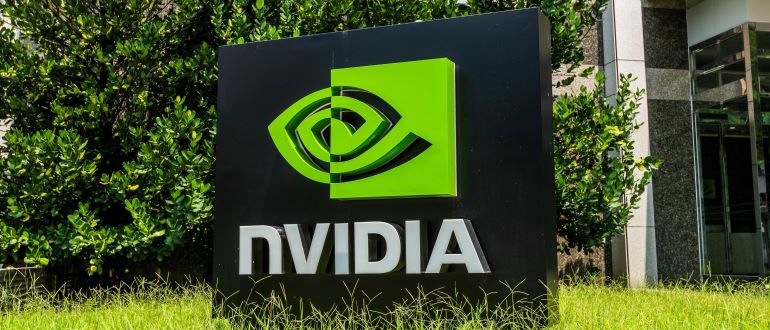
Arm’s intention to make a server CPU and license its semiconductor designs has turned it from a partner to NVIDIA Corp. and Qualcomm Inc. into a potential foe.
The surprise announcement last week, first reported by the Financial Times, is likely to send ripples throughout a chip industry already roiled by reports that Intel Corp. is working with the Trump administration to turn over control of its chip-making plants to rival TSMC, and by an unprecedented push to build infrastructure to meet the expected demand for artificial intelligence (AI).
Arm, the UK-based semiconductor design firm, plans to develop and sell its new chip that would reside in servers for large data centers as soon as this summer. Meta Platforms Inc. has signed on as Arm’s first licensee. The partnership with Facebook’s parent company could disrupt business for server chip makers Intel and AMD Inc. because Arm’s CPUs are relatively energy efficient – a factor essential in planning data centers to handle immense AI energy demands.
Production of Arm’s new chip will be handled by TSMC. Arm has already recruited personnel from its customers and other chip designers in Silicon Valley, according to a Reuters report.
Arm’s gambit is just the latest to profoundly impact a tech industry furiously trying to keep pace or get ahead in the AI race. The company, owned by SoftBank, is a key player in the semiconductor industry because it licenses its blueprints to tech giants that handle the implementation and manufacturing.
Apple Inc.’s M-series chips in iPhones are based on Arm designs. Samsung’s Galaxy S24 smartphone and Google Pixel 8 both use AI CPUs based on Arm designs.
Ultimately, SoftBank wants to position Arm as an AI production pipeline, the Financial Times reported. SoftBank is also financially backing Stargate, a $500 billion AI infrastructure project with OpenAI, Oracle Corp., Microsoft Corp., and NVIDIA.
Designing and selling its own chips puts Arm squarely on a collision course with Qualcomm, a customer and adversary. The two companies are locked in a legal clash. Arm claims Qualcomm’s use of Nuvia processors, which Qualcomm began to implement after buying Nuvia for $1.4 billion in 2021, violated terms of Nuvia’s licenses over Arm chips. In a case largely won by Qualcomm in December 2024, jurors were undecided on whether Nuvia breached its licensing deal with Arm, which is likely to lead to another trial.
Arm’s long-range goals is also likely to put it in direct competition with NVIDIA, J.P. Morgan analyst Harlan Sur said in a recent research note. Broadcom Inc. won a contract worth as much as $30 billion for Arm and SoftBank Group to create a purpose-built AI chip that will power data centers at SoftBank, Sur added.


